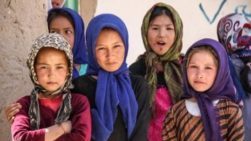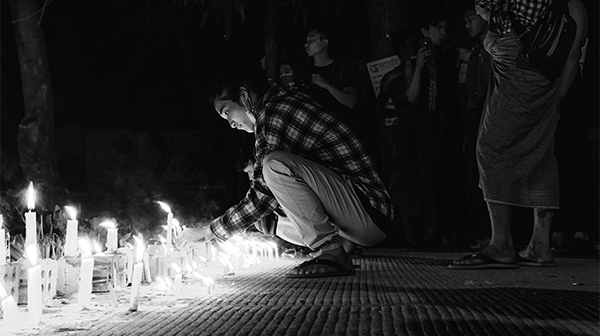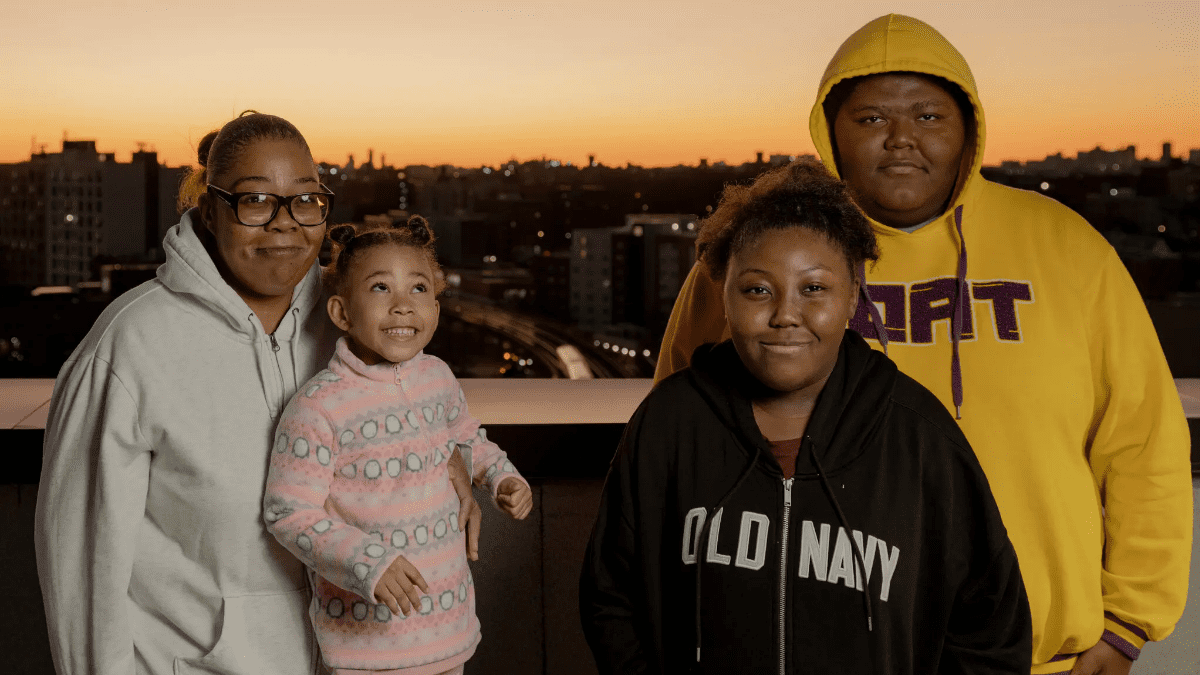Article orignially appears on July 13, 2021 in the National Catholic Reporter. Reprinted with permission.
LOS ANGELES — Four Catholic Charities branches and three Catholic legal organizations have signed onto a letter urging top U.S. immigration officials to address the concerns of Special Immigrant Juvenile, or SIJ, status holders who remain at risk of deportation despite their eligibility to apply for green cards.
The letter was organized by the End SIJS Backlog Coalition in May.
Special Immigrant Juvenile status was created by Congress in 1990 to help young people who have been abused, abandoned or neglected by one or both of their parents, said Anthony Enriquez, who directs the Unaccompanied Minors Program within Catholic Charities of New York’s Immigrant and Refugee Services office. The status, which must be determined by a family court, is also sometimes granted to orphans.
Those with Special Immigrant Juvenile status are eligible to apply for green cards, but because Congress classifies SIJ-based green cards as employment-based immigrant visas, these green cards are subject to country caps on employment-based immigrant visas. (This is in spite of the fact that many children who hold SIJ status are not nearly old enough to work. In New York, the legal working age is 14.) Because of these caps and the backlog they have created, SIJ status holders now have to wait years before they can submit their green card applications, the letter says.
“Clearly, Congress intended this to be a fast-acting immigration benefit for exceptionally vulnerable young people, and unfortunately because a large number of young people have come from difficult circumstances and therefore qualify for this status, just by virtue of there being a large number of people who have suffered in the past, their suffering is being prolonged,” Enriquez told NCR.
Besides facing the threat of deportation, SIJ status holders cannot work legally, receive federal student financial aid or get married, despite being eligible to become U.S. lawful permanent residents.
The letter, which Enriquez helped draft, suggests specific actions that government agencies could take to ameliorate the backlog’s negative effects. These include asking U.S. Citizenship and Immigration Services, or USCIS, to create a new employment authorization for young people with SIJ status, and telling Immigration and Customs Enforcement, or ICE, attorneys not to argue for SIJ status holders to be deported, Enriquez said.
Catholic Charities agencies of Boston; Pueblo, Colorado; Southern New Mexico; and the Archdiocese of Galveston-Houston are listed as signatories of the letter. Catholic Charities of New York also told NCR it supports the initiative, but does not appear as a signatory because of a clerical error.
A Catholic Charities of New York client who spoke to NCR on the condition of anonymity said she originally gained SIJ status in 2017 but was not permitted to apply for a green card until the end of last year. In the intervening time, she worked for a few months at a laundromat to help support her younger siblings, but was unable to work legally or apply for federal student financial aid for college.
Seeing her peers fill out the Free Application for Federal Student Aid and get into four-year colleges with the promise of federal aid was disheartening, she said. She dreams of becoming a middle or high school English Language Arts teacher, but her mother told her to consider going to a community college and then working with much younger children instead. Even her high school college counselors told her she should go to a community college, which frustrated her since she had high test scores and had earned good grades. She recalled asking herself why the other students who did not study and had low grades were going to go to four-year colleges, while she, who had higher grades, were going to go to a community college.
“I didn’t accept that, and I told my mom that I wanted to go to a four-year college,” she said.
Her family was able to gather the money for her first year of college, and she is now in her second year, but she is still unable to work or to apply for government aid. Her Catholic Charities lawyer advised her to apply for a scholarship, which she won, but it isn’t enough to pay for the whole four years, so she’s still saving it. A government grant would make a huge difference, not only for her but for her family, she said.
The lawyers on Enriquez’s team, the Unaccompanied Minors Program, represent more than 700 young people. Enriquez estimates that about 60% of them either have SIJ status or have applied for it.
“This work is so important because we’re really working with young people who have come from the most difficult of circumstances,” Enriquez said. “When young people qualify for special immigrant status, they’ve been deprived of that parent-child connection; they’ve often had to parent themselves.”
“They have shown a strength of character and resiliency that many of us will never have to exhibit in our lives because we’ve been blessed to have family that cares for us,” Enriquez said of his team’s clients. “We really believe that young immigrants are the future of our communities and of our country, and if we can have a small part in helping make that future better then it’s an honor and a privilege to do so.”
Reproduced with permission of National Catholic Reporter.








![Honoring Pope Francis: A Special Message from Monsignor Kevin Sullivan[video]](https://catholiccharitiesny.org/wp-content/uploads/2025/04/Website-Ratio-4.png)





